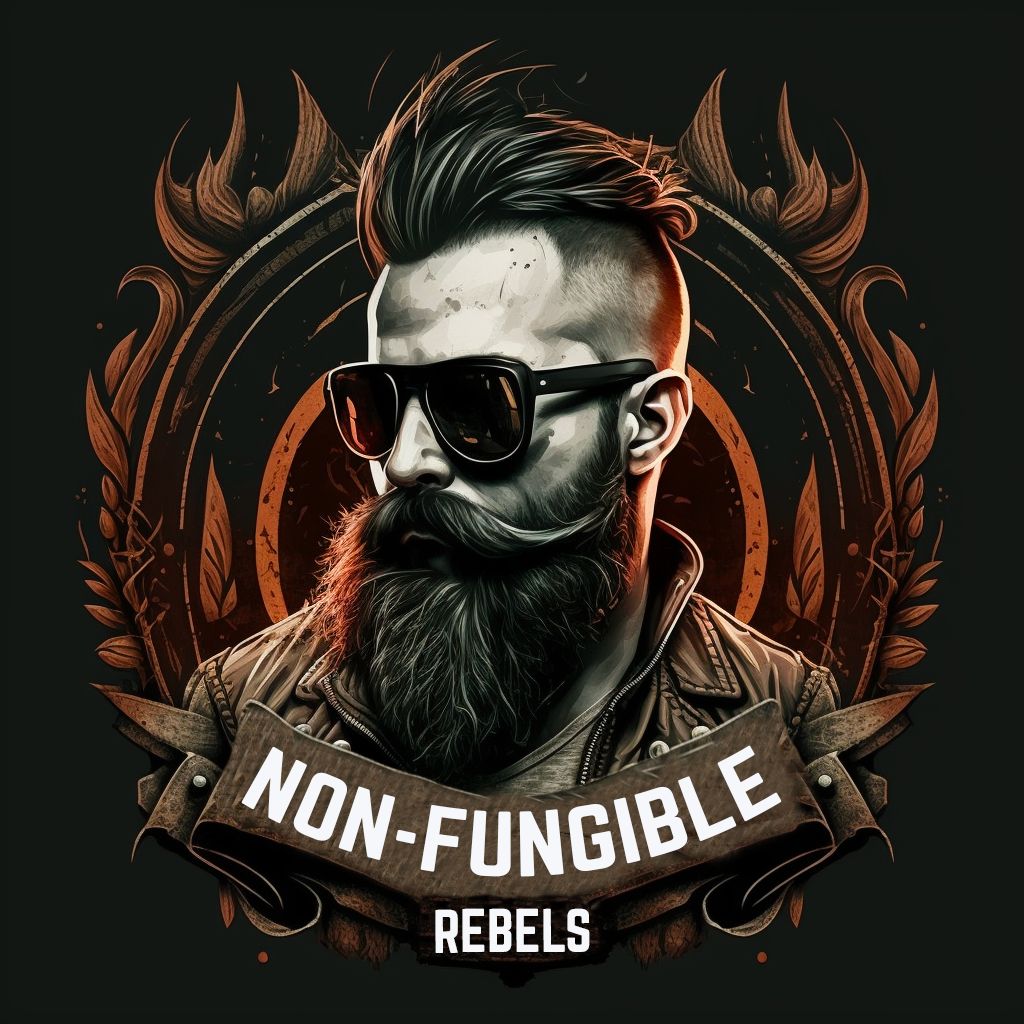339 reads
Tapping Into Ethereum Grandpa's Curious Consciousness with Dmitry Buterin
by
March 1st, 2021

Web3 Marketer, NFT fan, International Speaker, Startup Mentor, Bestselling Fiction Author, Podcaster
About Author
Web3 Marketer, NFT fan, International Speaker, Startup Mentor, Bestselling Fiction Author, Podcaster
